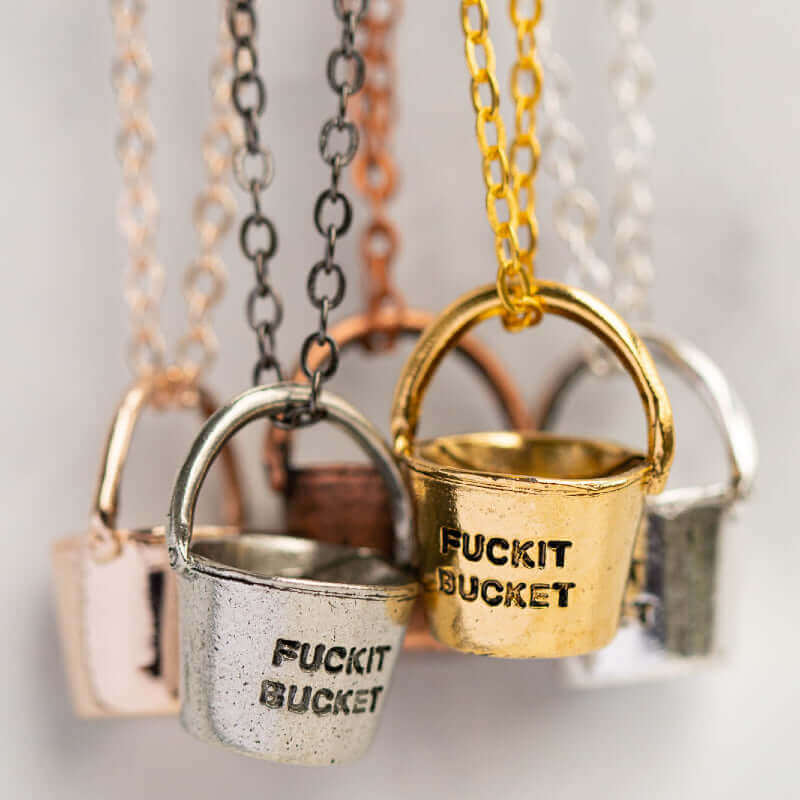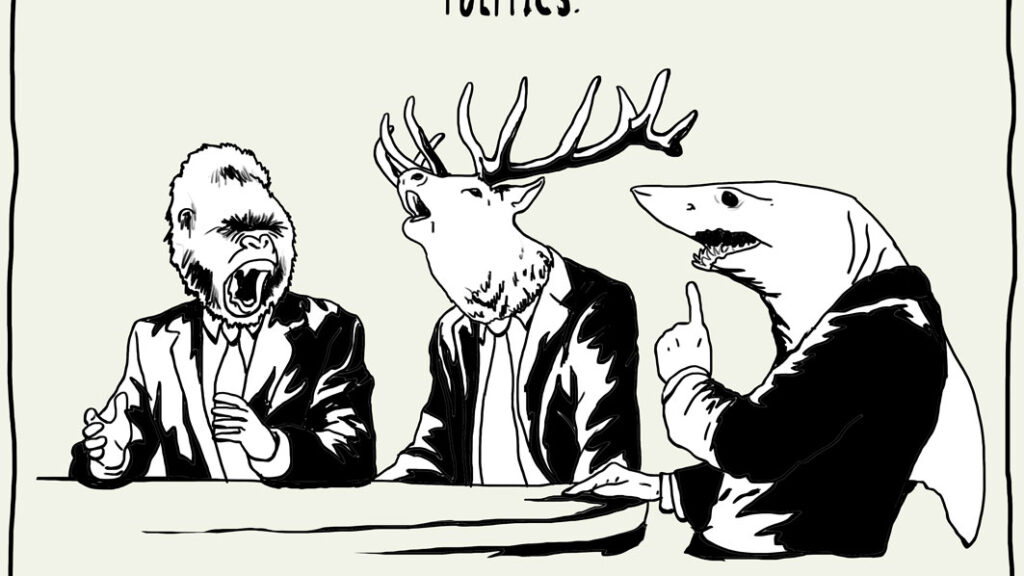
February 21, 2022 • Brooke Siem
“Depression Isn’t a Choice,” And Other Lies I Believed
During my decade and a half of deep depression, my mother often said to me, “Honey, you can choose not to be depressed.”
To which I responded, seething, “Depression isn’t a choice. Why would I choose this? I can’t just turn it on and off.”
And then I’d huff out of the room and stew in twisted satisfaction, my depression a badge of honor. I didn’t believe that depression was a choice, but I did believe that enduring my depression made me stronger than everyone who wasn’t persisting through darkness.

Today, I cringe at my own response. Here was a woman who, after being widowed at 47, survived breast cancer, underwent open-heart surgery, kept a business with 40 employees afloat during the recession, and did it all while raising an only child who spent those years huffing out of the room. My mother had every reason to fall into a hole of depression, and yet she never succumbed. That’s real strength. Some people might look at the difference between my mother and me as a difference in “brain chemistry.” Rather, one of us was “wired” to go off the depression deep end while the other was not.
I don’t buy it. Not only because the chemical imbalance theory has been debunked over and over and over and over and over again, but because in looking at how my mother and I processed the traumas of our individual lives, she chose to exercise the muscle of it-can-happen-to-anyone resilience while I exercised the muscle of moral elitism. Rather, I repeatedly chose to feed my inherent belief that I was special and therefore, tragic.
Part of this was age. I was 15 when my father died, arguably the most self-involved age in existence. And while I’d love to say that my lugubrious swim in the seas of melancholy was unconscious, the reality is that I knew exactly what I was doing. I liked the pity. I liked the attention. I liked the freedom of loss. No one expects much of the grieving, and I was happy to be left alone.
Had I shed this narrative once I graduated high school, perhaps I could have started to build the muscle of resilience. Instead, I doubled down on moral elitism, working that muscle from all angles until I was left with nothing but suicidal thoughts. It was never a choice to To Be or Not To Be Depressed, but the culmination of fifteen years of small choices that atrophied my resilience.
That is the choice my mother was talking about all those years ago. Depression is a beast that rips the reigns from your hands and drags you along for the ride. But it ebbs and flows, leaving pockets of opportunity where it’s up to you to find the strength to pick up those reigns and right yourself back on course.
No, there isn’t an on-off switch. But there is the single choice to commit to making thousands of little choices, building more and more resilience and awareness. Like a muscle, it gets stronger over time. And just like building muscle, it starts slow. One little choice. One little change. One little life.

Need a little giggle? Order one of my Fuckit Buckets™.
Look, we know that life is a special sort of disaster right now. Your closet is your office, the kids are still at home, and still your mother-law is calling you fat again. Let this little charm be a reminder that sometimes you have to chuck it in the Fuckit Bucket™ and move on!
After 15 years of depression and antidepressants, my mission is to help people find hope in the name of healing. My memoir on the subject, MAY CAUSE SIDE EFFECTS, publishes on May 10, 2022. Pre-order it on Barnes & Nobles, Amazon, or wherever books are sold. For the most up-to-date announcements, subscribe to my newsletter HAPPINESS IS A SKILL.
Coming September 6, 2022
May Cause Side Effects
Brooke’s memoir is now available for preorder wherever books are sold.
This is a heart-rending and tender memoir that will start conversations we urgently need to have. It’s moving and important.
Johann Hari, author of New York Times bestseller Chasing the Scream and international bestseller Lost Connections: Uncovering the Real Causes of Depression—and the Unexpected Solutions
More articles from the blog
see all articles
October 28, 2022


